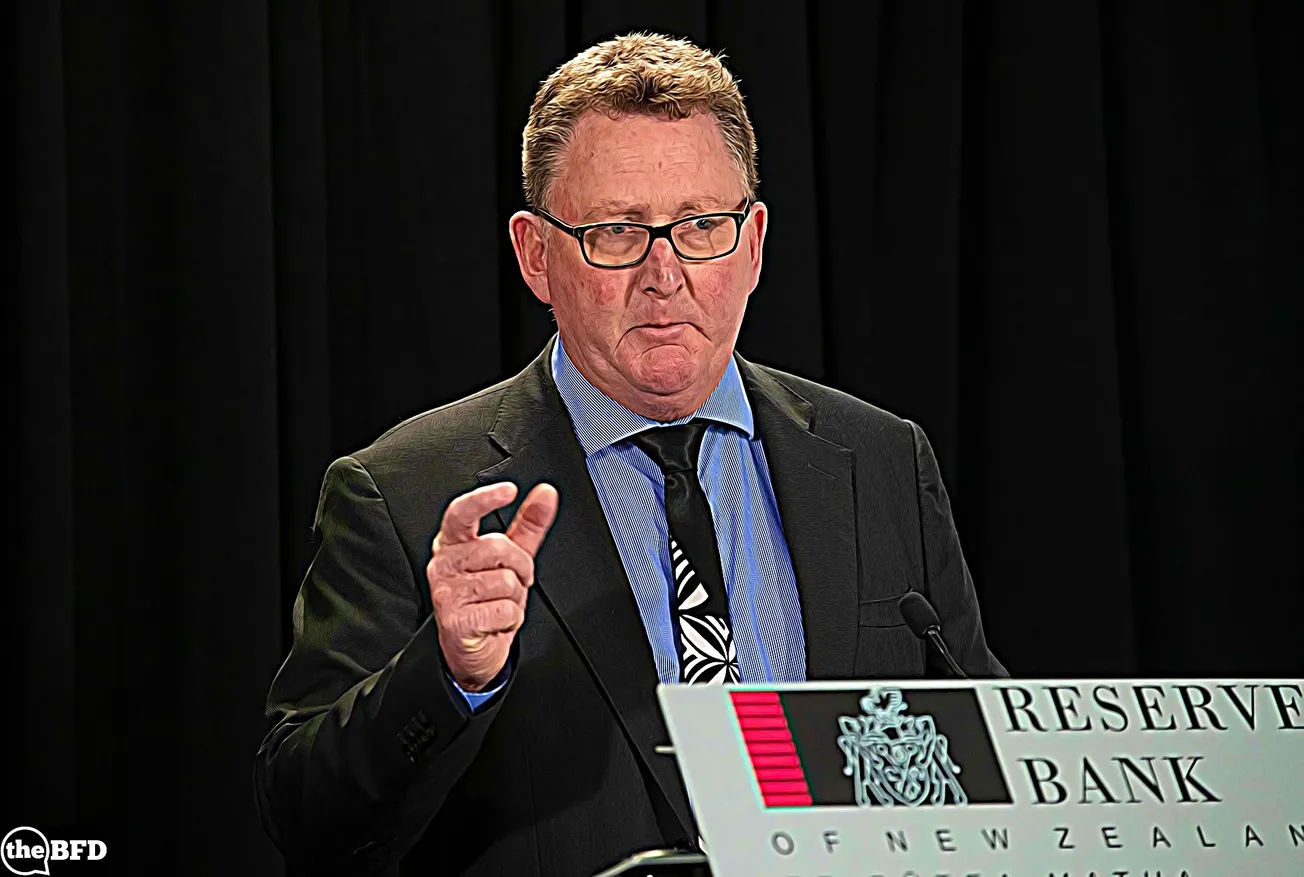Table of Contents
David Seymour
ACT Party Leader
Less than an hour before Reserve Bank Governor Adrian Orr was due to be questioned at Select Committee he issued a 13-page mea culpa.
In the report, RBNZ says that it had to do Large Scale Asset Purchases (LSAP) because interest rates couldn’t go negative. That’s a red herring, the real issue is why they needed to do so much stimulus at all.
RBNZ got it completely wrong. It distorted Government policy making by giving it cheap credit, now we are all paying the cost, literally in the rising price of everything. It now accepts it overshot.
The report says “With the benefit of hindsight, this indicates that monetary policy was too stimulatory at some stage during the tumultuous economic period of the pandemic. In response, the OCR is now above its neutral rate until domestic demand better matches the supply capacity of the New Zealand economy.”
RBNZ claims it needed to stimulate because economic forecasts were bad. In reality, it subsidised bad policy from the Government.
Finance Minister Grant Robertson’s insistence on a dual target helped to encourage irresponsible monetary policy, which subsidised bad government policy.
While the mea culpa is welcomed – the RBNZ needs to work on ownership and transparency. Releasing this report just minutes before a Select Committee is disingenuous.
ACT would restore monetary policy credibility to the Reserve Bank by returning its mandate to solely taming inflation, allowing the appointment of monetary policy experts from New Zealand and abroad, and applying stricter scrutiny in future before granting Crown indemnities.
ACT’s Alternative Budget for Real Change also shows how the Government could reduce spending without touching any frontline service, and then deliver significant tax cuts to middle-income New Zealanders.
Inflation is at a 31-year high and Kiwis are being squeezed from every direction. The only adequate response is a return to rational economics.









